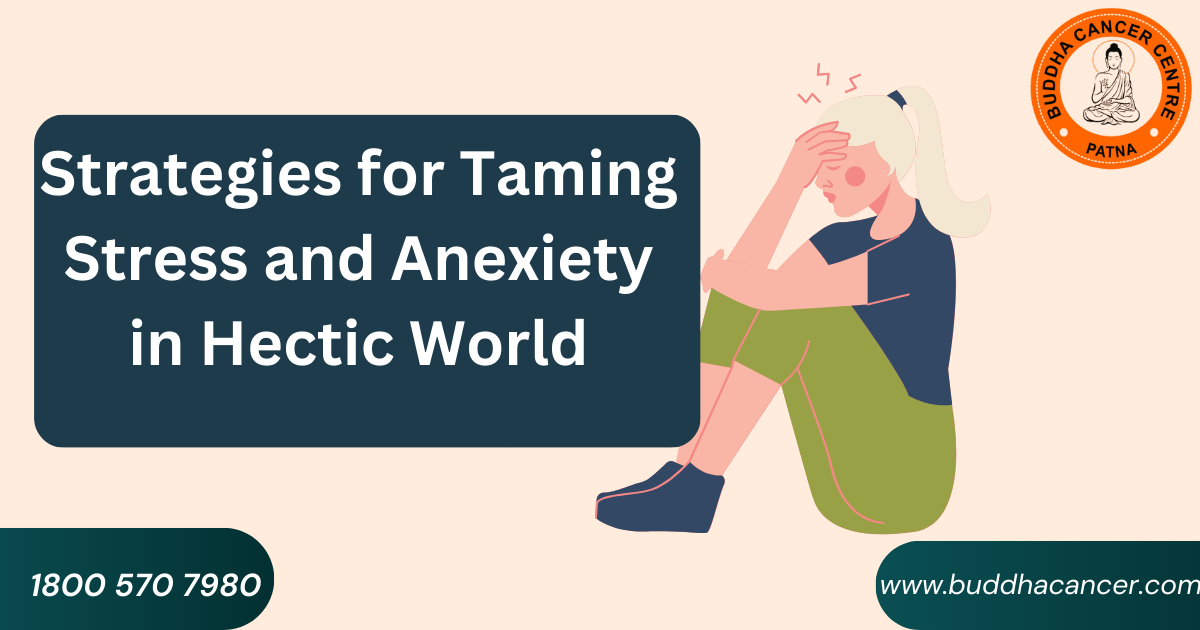


Stress is the body's natural response to demands or threats, while anxiety often stems from prolonged stress or excessive worry, leading to emotional and physical strain.
Tips for Managing Stress and Anxiety
Practice Mindfulness
Engage in mindfulness techniques like deep breathing or meditation. Take short breaks during the day to focus on breathing or to practice brief mindfulness exercises.
Prioritize and Organize
Break tasks into smaller, manageable steps. Prioritize them based on urgency and importance. This helps in avoiding feeling swamped and gives a sense of accomplishment as you complete each step. Try to follow up & avoid fast food and junk food.
Healthy Lifestyle Choices
Regular physical activity, a balanced diet, and adequate sleep play crucial roles in managing stress. Aim for at least 30 minutes of exercise daily, consume nutritious meals, and prioritize seven to nine hours of sleep per night.
Seek Support
Share your feelings with trusted friends, family,doctors or a therapist. Talking about concerns can often provide relief and different perspectives.
Limit Technology Use
Set boundaries for screen time and social media. Constant exposure to digital devices and information overload can exacerbate stress levels.
Embrace Positivity
Practice gratitude by acknowledging and appreciating small victories or positive aspects of your life. Train your mind to focus on solutions rather than dwelling on problems.
Conclusion
In today’s high-speed world, managing stress and anxiety is an ongoing process. Implementing these strategies into your routine can significantly alleviate the impact of stressors. Experiment with these tips, find what works best for you, and remember, seeking professional help is always an option if stress and anxiety become overwhelming. By adopting these small changes, you can pave the way towards a calmer and more balanced life in the midst of today’s hustle and bustle.

